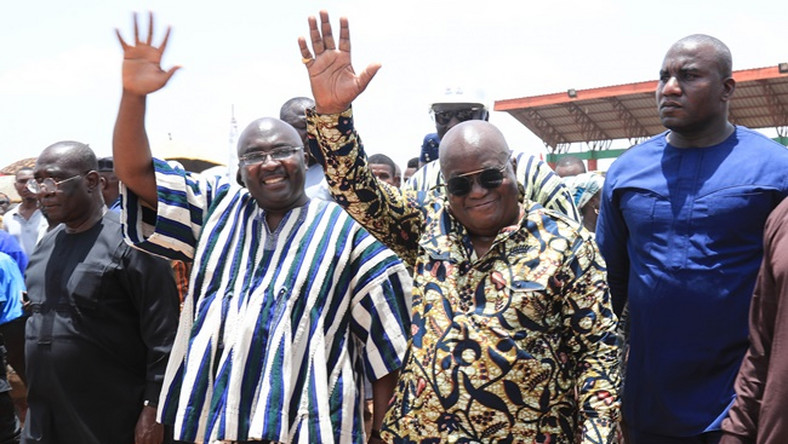Declining living standards, limited job opportunities, poor public services – Why EIU predicted Mahama’s victory
- Posted on
- Comment

Although official results of the 2024 general elections are yet to be announced by the Electoral Commission (EC), the presidential candidate of the governing party, the New Patriotic (NPP), Vice President Dr Mahamudu Bawumia has conceded defeat to the candidate of the main opposition National Democratic Congress (NDC) Former President John Dramani Mahama.
Mr Mahama’s victory in 2024 marks a remarkable comeback after losing to President Akufo-Addo in 2016.
Prior to the 2024 polls, the Economist Intelligence Unit (EIU), the research and analysis division of the Economist Group that provides forecasting and advisory services through research and analysis, projected a victory for Mr Mahama.
The EIU projection was largely driven by declining living standards, limited job opportunities, and poor public services, the EIU said.
“Ghana is likely to experience a transfer of power from the ruling New Patriotic Party to the opposition National Democratic Congress, largely driven by declining living standards, limited job opportunities and poor public services,” the EIU explained.
The report also added that more African nations will feel the financial squeeze created by excessive debt and a heavy debt-repayment burden in 2024, which will weigh on economic growth and stability in some countries. The financial pressure created by elevated external debt has been compounded by the fallout from multiple external shocks in recent years, including the COVID-19 pandemic, Russia’s invasion of Ukraine and adverse weather conditions linked to global climate change.
“Softer economic growth, higher inflation, weaker currencies and more costly international capital have exposed Africa’s debt frailties in 2023, and risks are likely to mount in 2024 without external debt restructuring. Kenya’s biggest financial event in 2024 is the June 24th deadline to redeem a US$2bn Eurobond in a single bullet payment, on top of other debt-servicing commitments. Using a combination of tactics, Kenya will strive to avoid a default and the consequent damage to its reputation, and will prioritise a timely Eurobond redemption in 2024.
“The sum is large enough to generate legitimate concern, but not so large as unmanageable. If Kenya clears the barrier in 2024, external debt pressures will ease, as the next Eurobond repayments (US$1.9bn) are not due until 2027-28.
“Zambia, which has been in external debt distress since 2020, secured a debt-restructuring deal with official creditors and private-sector creditors in October. Zambia thus seems likely to secure a complete resolution with its external creditors by early 2024, over three years after first entering default.
“Dragged-out negotiations make Zambia’s experience a cautionary tale for other sovereigns, and those heavily indebted to China in particular. Countries will be hesitant about embarking on a debt restructuring unless necessary, but we do expect negotiations in Ethiopia, Ghana, Malawi, Mozambique, Somalia, Sudan and Zimbabwe.”










 (Selorm) |
(Selorm) |  (Nana Kwesi)
(Nana Kwesi)